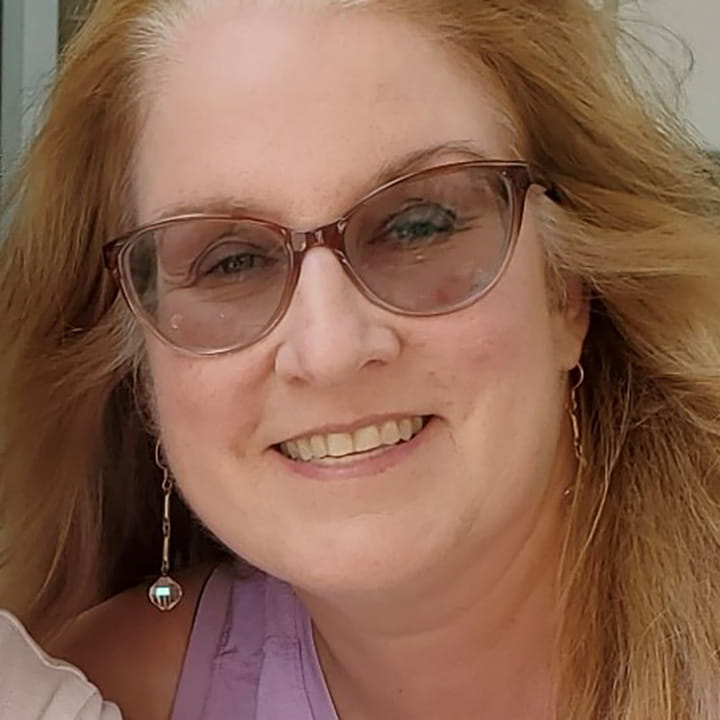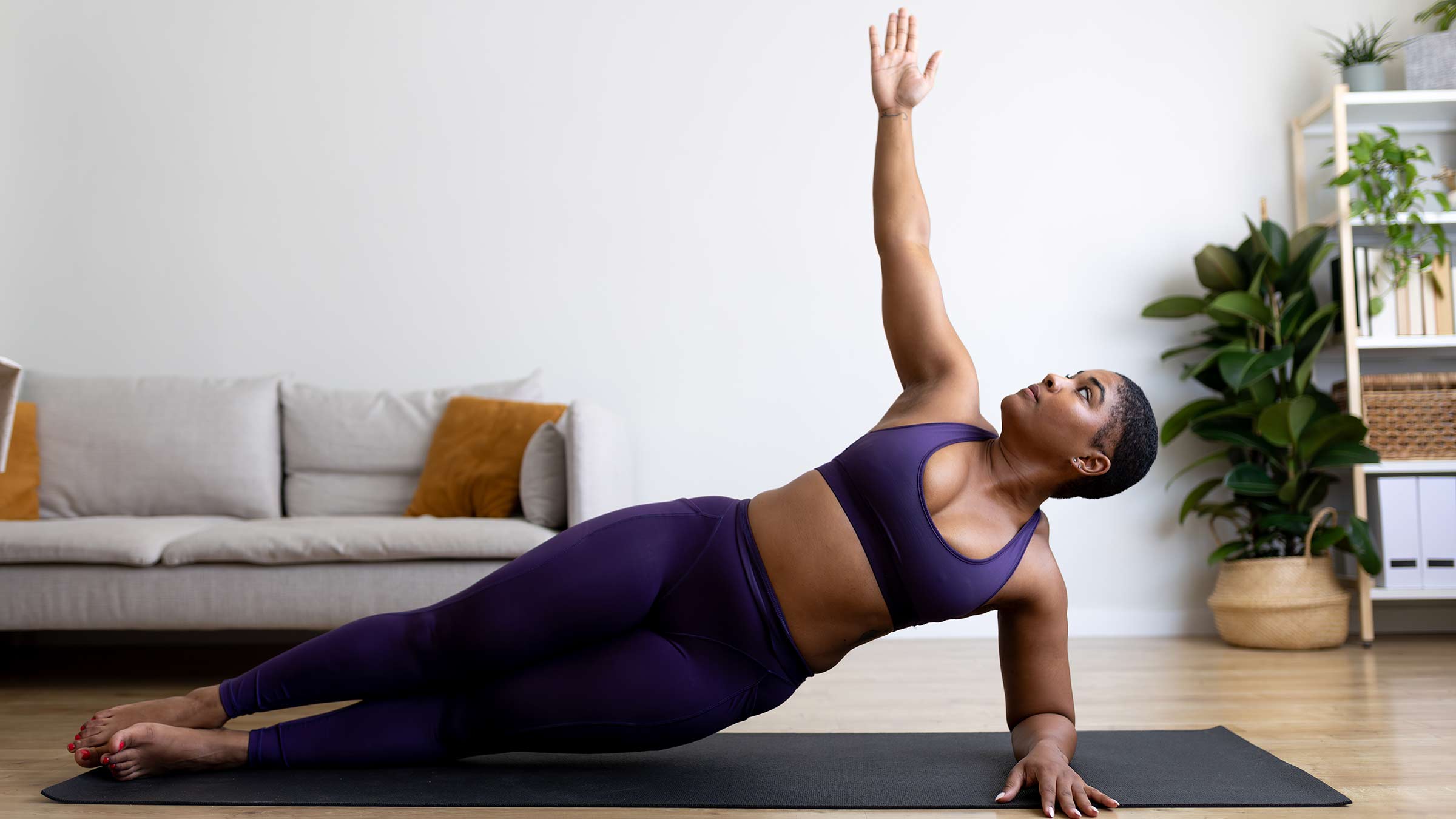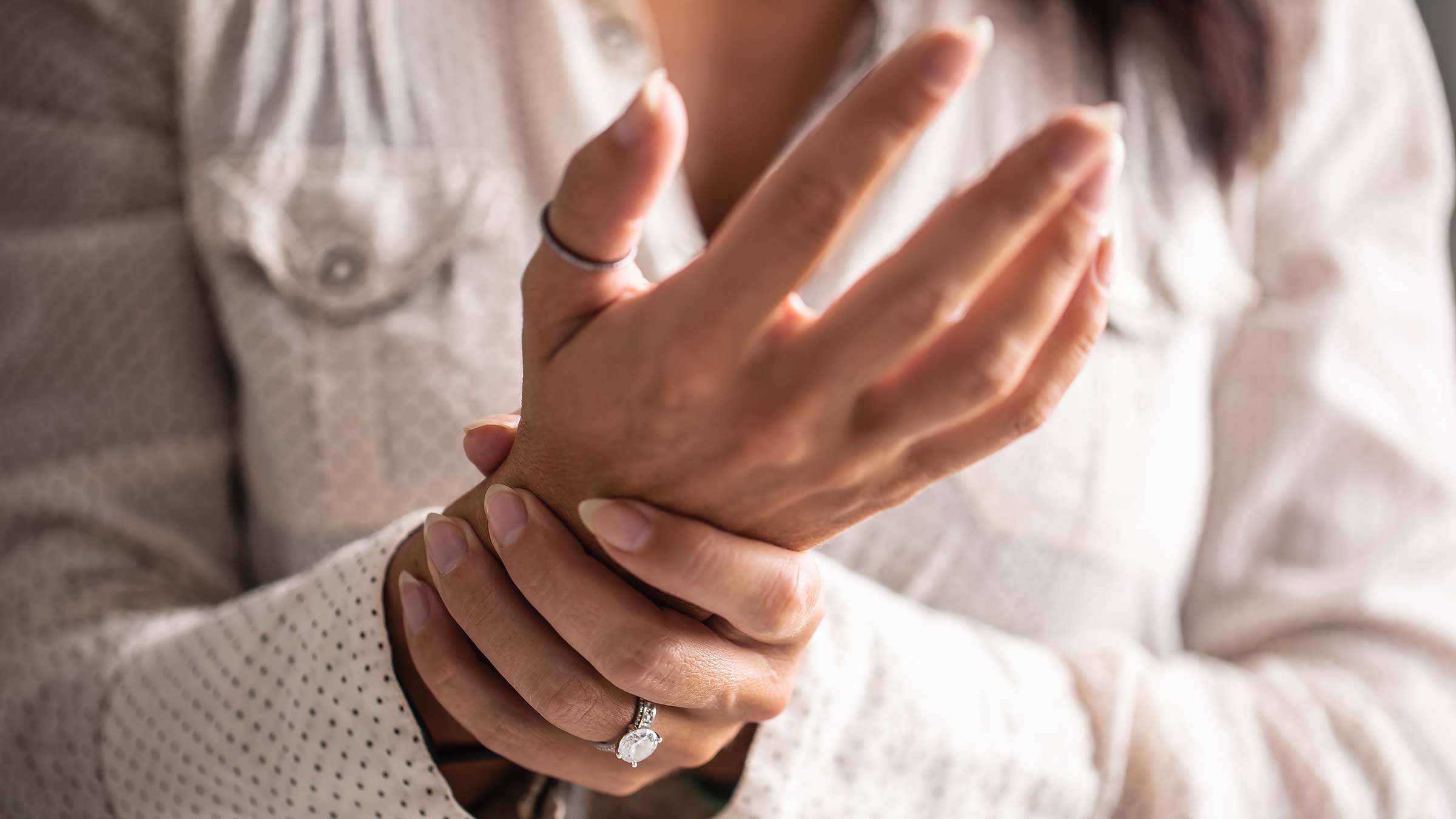Alone time is important to mental health. Here’s how to get more of it
More than half of Americans say alone time is important to them, but 46% say they don’t get solitude they need during the holidays.
The holiday season can be stressful. And taking breaks alone really can benefit you mentally and physically.
More than half of Americans acknowledge that this is true — in a recent national survey commissioned by The Ohio State University Wexner Medical Center and The Ohio State University College of Medicine, 56% of respondents said it’s very important to their mental health to have adequate alone time.
But 46% of respondents say they don’t get the alone time they really need during the holiday season.
What alone time does for your health
“By taking a brief pause alone, our nervous system can settle, our mind can settle, our body can settle,” says Sophie Lazarus, PhD, a clinical psychologist in the Department of Psychiatry and Behavioral Health at Ohio State. “And I think that can be important. We know that chronic stress is not good for us.”
Constant exposure to stress, without any breaks in between, activates the body’s survival mechanism, says Arianna Galligher, LISW, director of the Gabbe Well-Being Office and director of the Stress, Trauma and Resilience (STAR) Program at the Ohio State Wexner Medical Center.
“While this [survival mechanism] helpful in the short term,” Galligher says, “prolonged activation can negatively impact the immune system and cause inflammation, difficulty with digestion and elevated blood pressure and blood sugar levels.”
How to create alone time when you need it
Even a few minutes away from the hustle and bustle can help you stay present, says Dr. Lazarus, who focuses on mindfulness-based interventions, mood and anxiety disorders.
“Try putting your phone in a totally different room when you decide you're going to spend alone time, knowing how hard it is to resist picking it up, the pulls on our attention and on our priorities.
“Or take two or three minutes in the car before you go pick your kids up or before you go back into the house after work to just be alone.”
Maryanna Klatt, PhD, director of Integrative Health at the Ohio State Wexner Medical Center and creator of the course Mindfulness in Motion, suggests a four-step process for practicing self-care and mindfulness through the holidays that centers on envisioning, planning, acting on and reflecting on the holiday you really want for yourself.
Breathing exercises, too, can help when stress and anxiety spiral into those fight-or-flight responses.
More prolonged, planned alone time, such as float therapy or a mental health day away from work can help some people, but Dr. Lazarus notes that different people need different approaches.
“One size doesn't fit everyone. Being flexible and finding a balance is best,” Dr. Lazarus says.
You’re allowed to prioritize alone time
Self-care isn’t selfish, Dr. Lazarus notes. And “alone time” doesn’t have to be entirely alone, either.
“I think it's important to remember that just because you're prioritizing yourself at this moment doesn't mean that you're selfish and doesn't mean that you always make the choice to prioritize yourself over others,” she says. “And some people might experience alone time from going to a movie by themselves or going to a park where there's a lot of people, or going to a coffee shop.
“It can also be this absence of having to perform or interact socially in a more direct way.”
How Ohio State’s survey was conducted
The survey of adults in the United States was conducted by SSRS on its Opinion Panel Omnibus platform, a twice-monthly, national, probability-based survey. Data was collected from Oct. 4 to Oct. 7, 2024, among a sample of 1,004 respondents online and over the phone. The survey was administered in English.

Help for mental health conditions
Ohio State offers personalized, compassionate care for your mental health concerns.
Learn more









